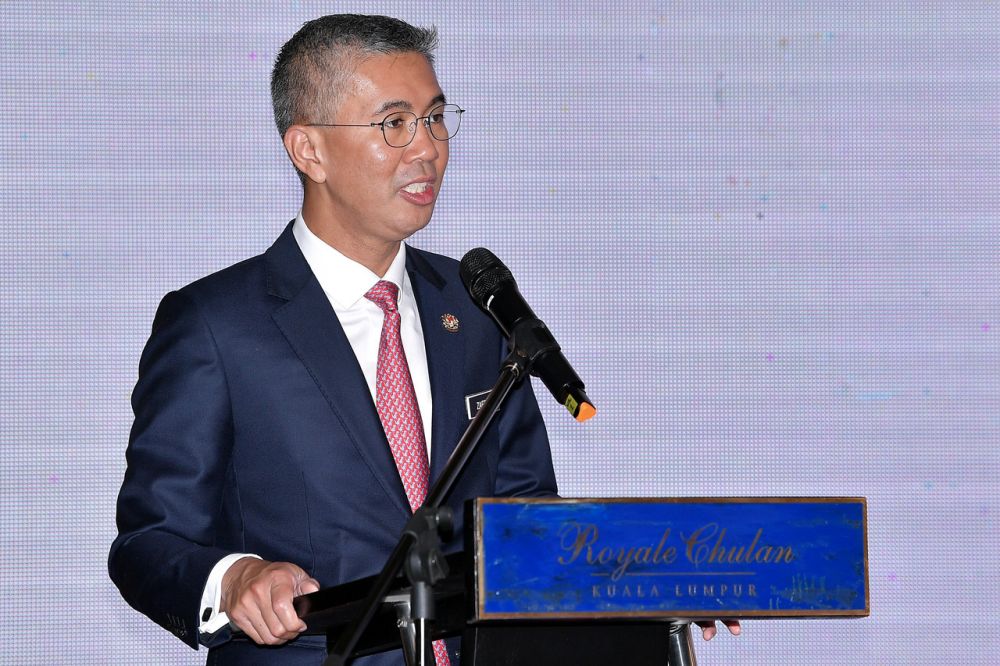KUALA LUMPUR, Oct 12 — Budget 2021 is an opportune time for the government to consider and adopt more sustainable ways to grow the economy and build the country’s resilience, said Finance Minister Datuk Seri Tengku Zafrul Abdul Aziz.
“The pandemic remains a threat to our socio-economic recovery, development and future growth. As such, moving forward, Malaysia will play to its strength, and just as how digitalisation has been accelerated by the Covid-19 lockdowns. We will take this opportunity to move up the value chain.
“At the same time, we will take advantage of our strategic geographical location, agile workforce, prudent management of resources, excellent infrastructure, as well as our leading reputation in key sectors, including Islamic finance and the halal economy,” he said in his keynote address at the Malaysian Economic Summit 2020 today.
Themed “Covid-19: Assessing Financial and Economic Impacts and Its Aftermath”, the event was organised by the Kingsley Strategic Institute for Asia Pacific (KSI).
Tengku Zafrul said as part of the government’s 6R Recovery Strategy, Budget 2021 focuses on revitalising the economy and aims to protect lives and livelihood, builds on the current recovery momentum, spurred by the RM305 billion economic stimulus packages under Prihatin, Penjana and KitaPrihatin.
He said Budget 2021 will underline a combination of business-friendly policies, prudent fiscal management, and effective transformation tools to build the nation’s resilience against future economic shocks.
“These stimulus packages have cushioned the impact for people and businesses by adding over three per cent to this year’s GDP growth. By focusing on these areas, this will put us in a better position to ride on the growth trajectory ahead,” he added.
On the international business communities and Malaysia’s trading partners, Tengku Zafrul reiterated that Malaysia remained open for business and the government has helped businesses maintain their operating capacity through initiatives such as the Wage Subsidy Programmes that have saved 2.6 million jobs, as well as technology adoption programmes which helped upgrade businesses, both large and small.
“We have seen signs of Malaysia’s resilience during this challenging period. Despite the lockdown, our country has recorded positive foreign direct investment (FDI) in second quarter, bringing total FDI to RM696.5 billion as at end-June. This is complemented with 726 projects with proposed investments of RM36.7 billion in the pipeline,” he said.
He also emphasised that the government’s focus is clear, whereby, it will continue to support businesses, including small and medium enterprises, mid-tier companies in key sectors that are still reeling from the impact of the pandemic, and to ensure a stable and conducive environment for investments to come in and generate value-added returns.
“We will also play our role in upgrading the gig economy, which is fast becoming an integral part of the nation’s growth, and to transform the traditional sectors, as well as to streamline the supply and demand in the job market,” he said. — Bernama



















